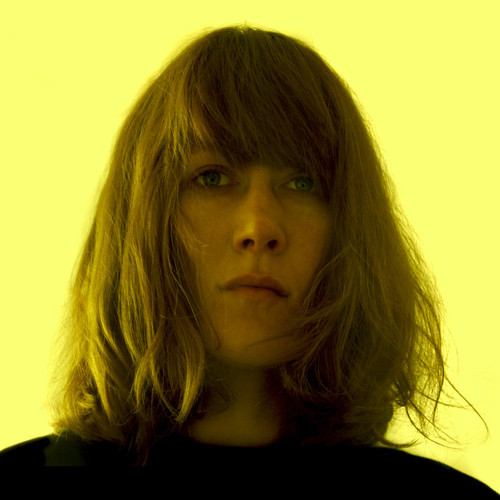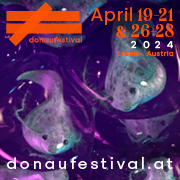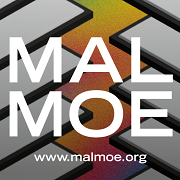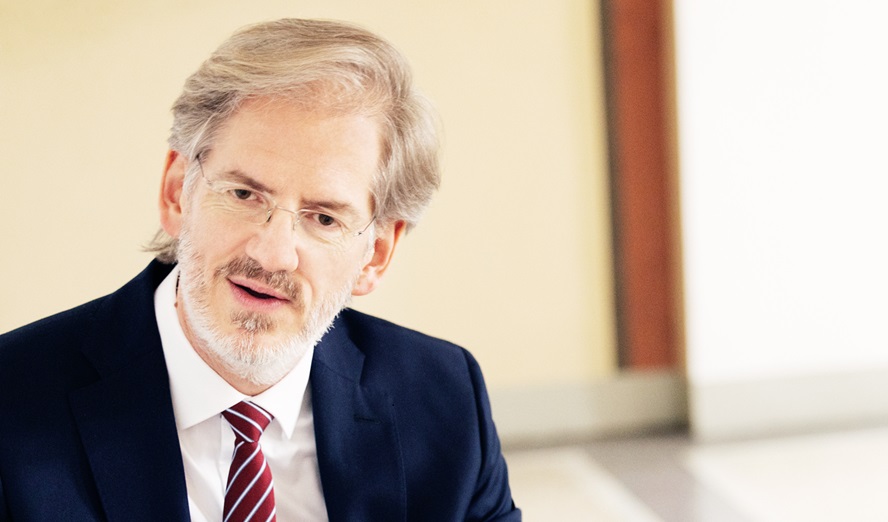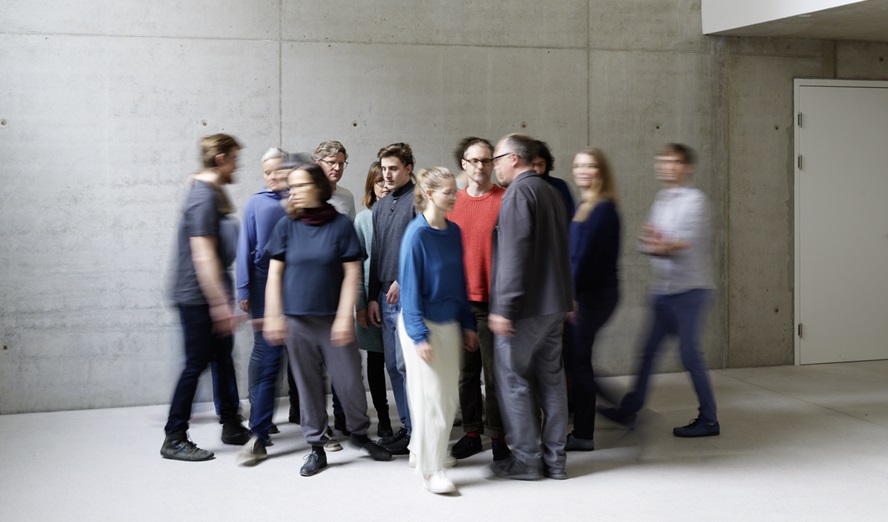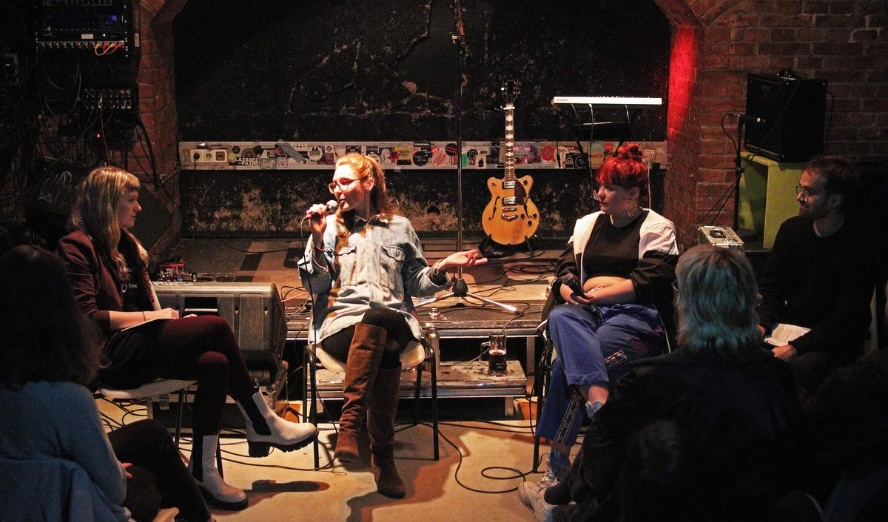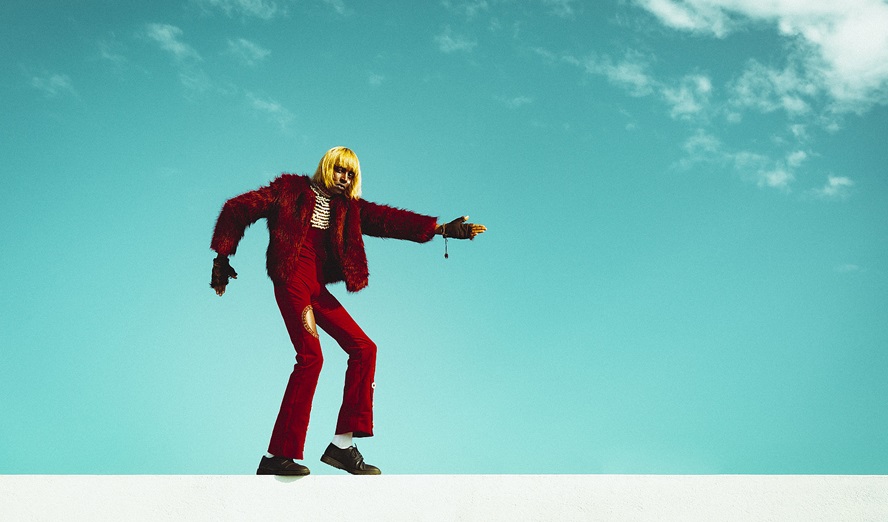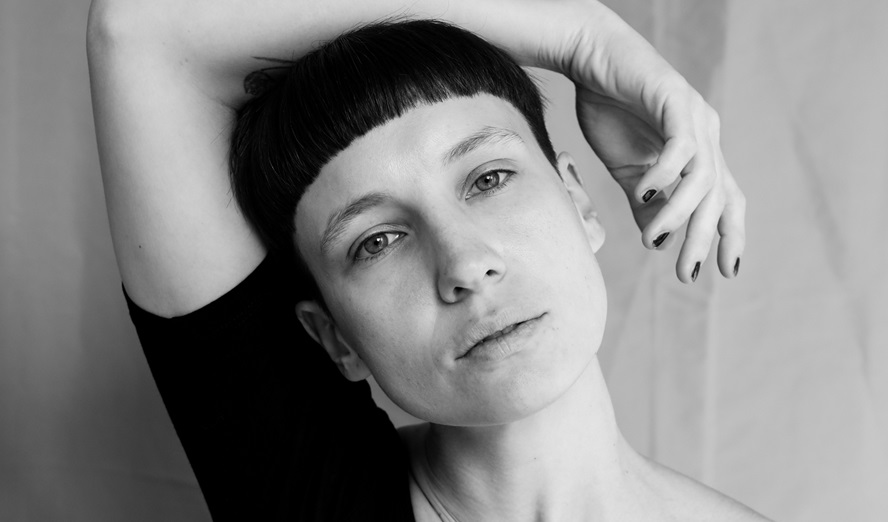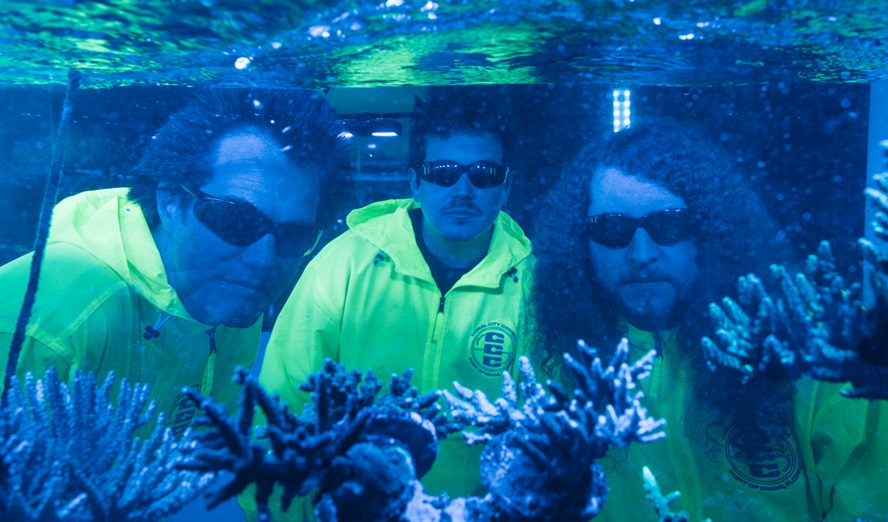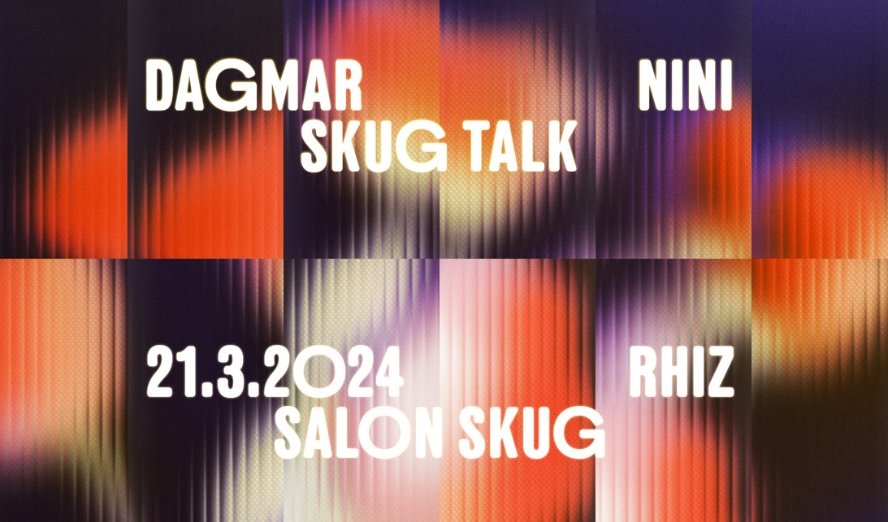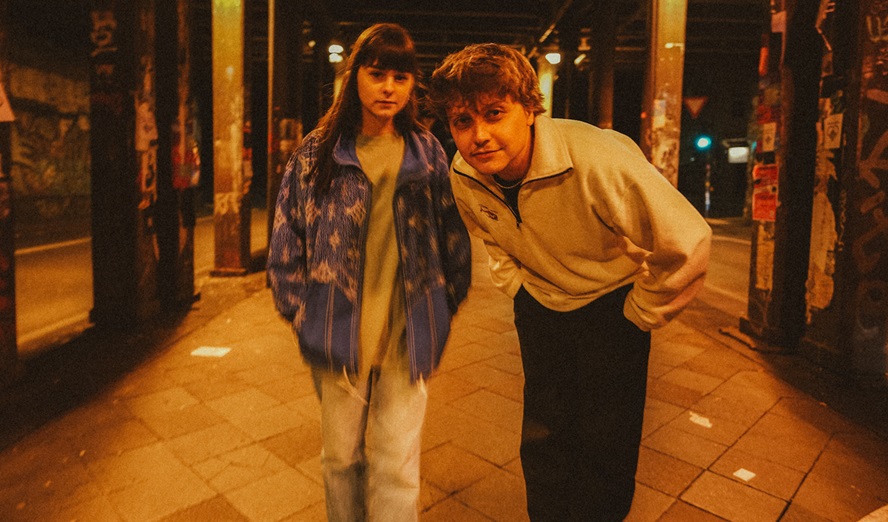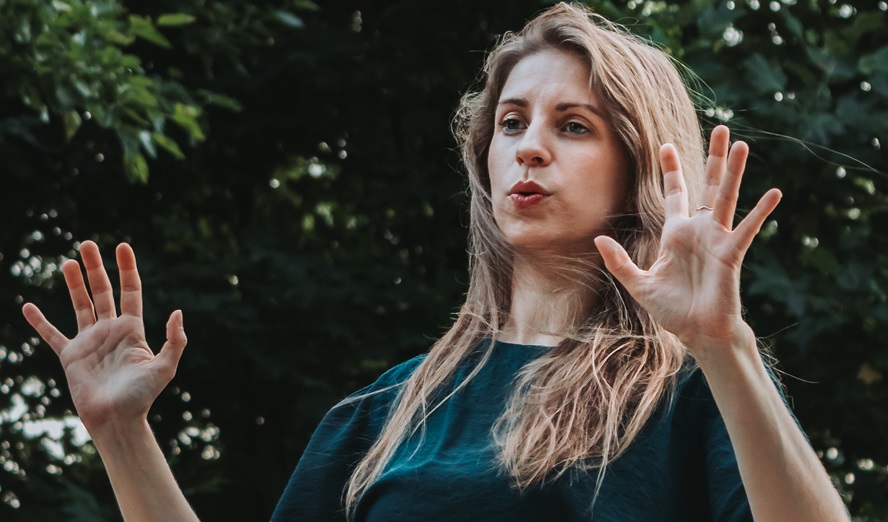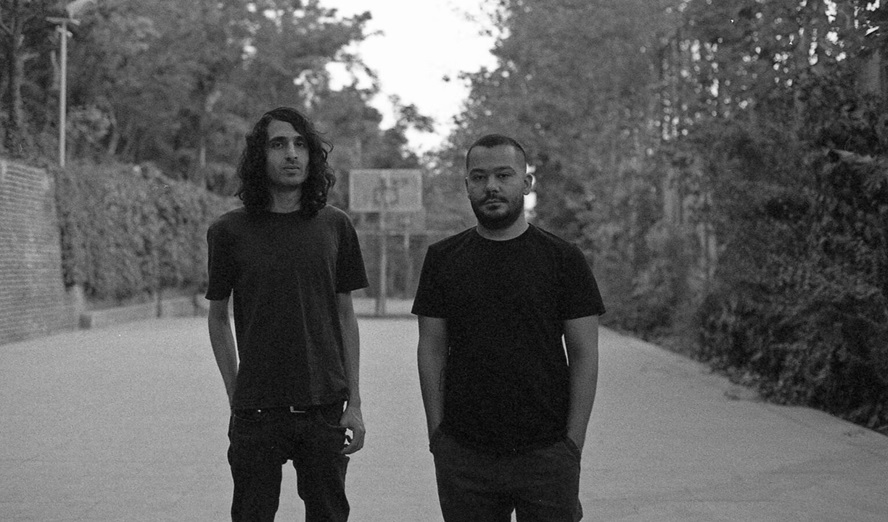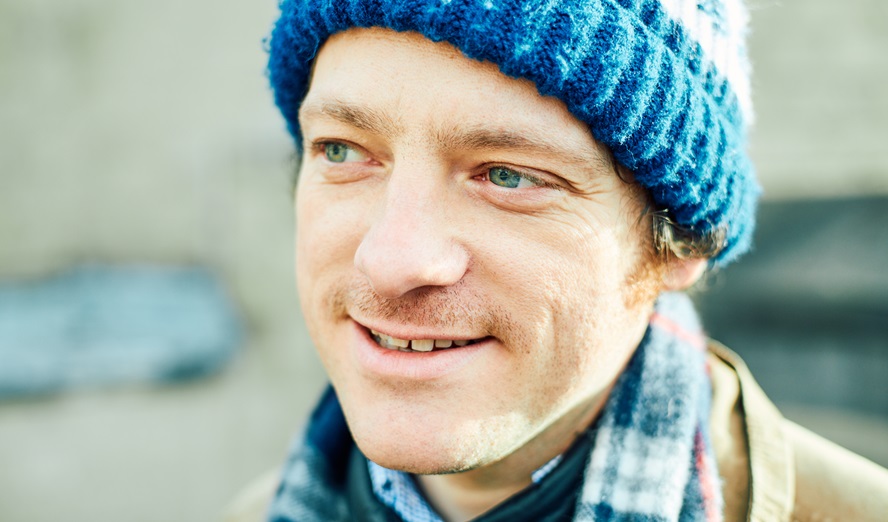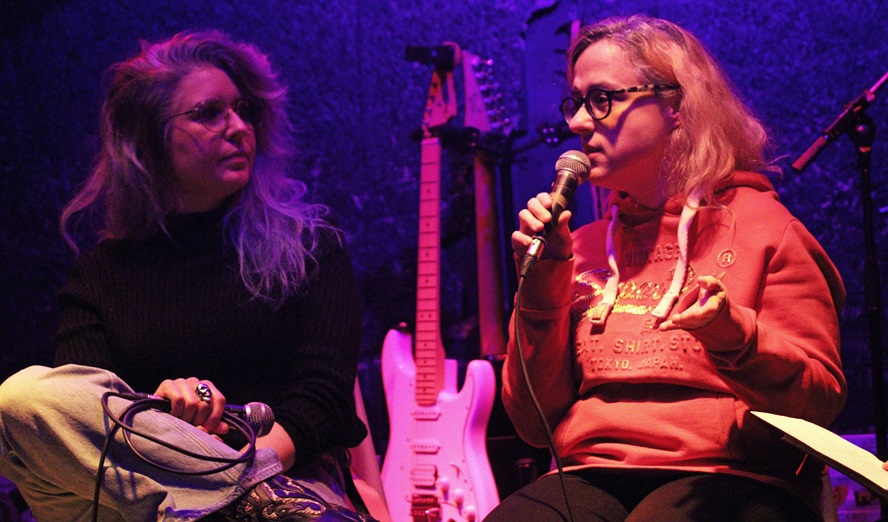skug: While working on this years‘ »fave list« for skug, I realized that for the first time ever, not the album was at the center, but formats such as track, EP, podcast, mixtape and Youtube-videos. What were your musical preferences this year?
Karen Gwyer: I really enjoyed producing another tape, and I reworked some pieces from Harry Smith’s Anthology of American Folk Music into short loops, which were exhibited in the Centre D’Art Contemporain La Synagogue de Delme, France. That was really under the radar, but one of the more satisfying projects from the past year. The complete lack of a typical format was so liberating.
You seem to have a diverse record collection: For »Juno Plus Podcast 62« you started with Ash Ra Temple’s »Jenseits«. Is Krautrock a major influence? And you played 70s-Dub, too.
I’d love to do a dozen roots, Dub, Dancehall and digi podcasts! But anything from any genre is influential if I really get into it. There’s so much good music that refuses categorisation as well.
By the way: Do you know Paula Temple and Holly Herndon? I love Temple’s track »Colonized« and her brand new remix of Planningtorock’s »Human Drama«. And Herndon played a fantastic show at this year’s Donaufestival in Krems. Her terrific album »Movement« already came out in 2012.
Yes indeed, and agreed. I find it curious, though, that I’m almost exclusively asked to reflect on other womens‘ music, not mens‘. I have no idea why.
The reason why I connected you with Paula Temple was because you were on top of my LP-list and Temple was on top of my Diverse (EPs/tracks)-list. Holly Herndon I mentioned because she quoted you in an article which I read lately. And because I think that the music of acts like Herndon, Minerva, Temple and you has a »good energy« and a certain utopian vision.
I really appreciate hearing the back story behind that question! Perhaps everyone who asks women artists about other women artists has the same genuine reasons for doing so. It’s simply that it happens enough, and I know other women feel the same, that we start to wonder what’s happening! It’s as if, inadvertently, we have been separated into a »female« genre, which certainly feels frustrating. And the knowledge that a lot of guys don’t take electronic music made by women as seriously doesn’t help the paranoia. I was talking to someone the other day who spoke to Laurel Halo about it, and she apparently said that the sexism is rarely overt, but it’s there every day at every point in her musical career. Which for someone of her talent is just crazy! But it proves the point.

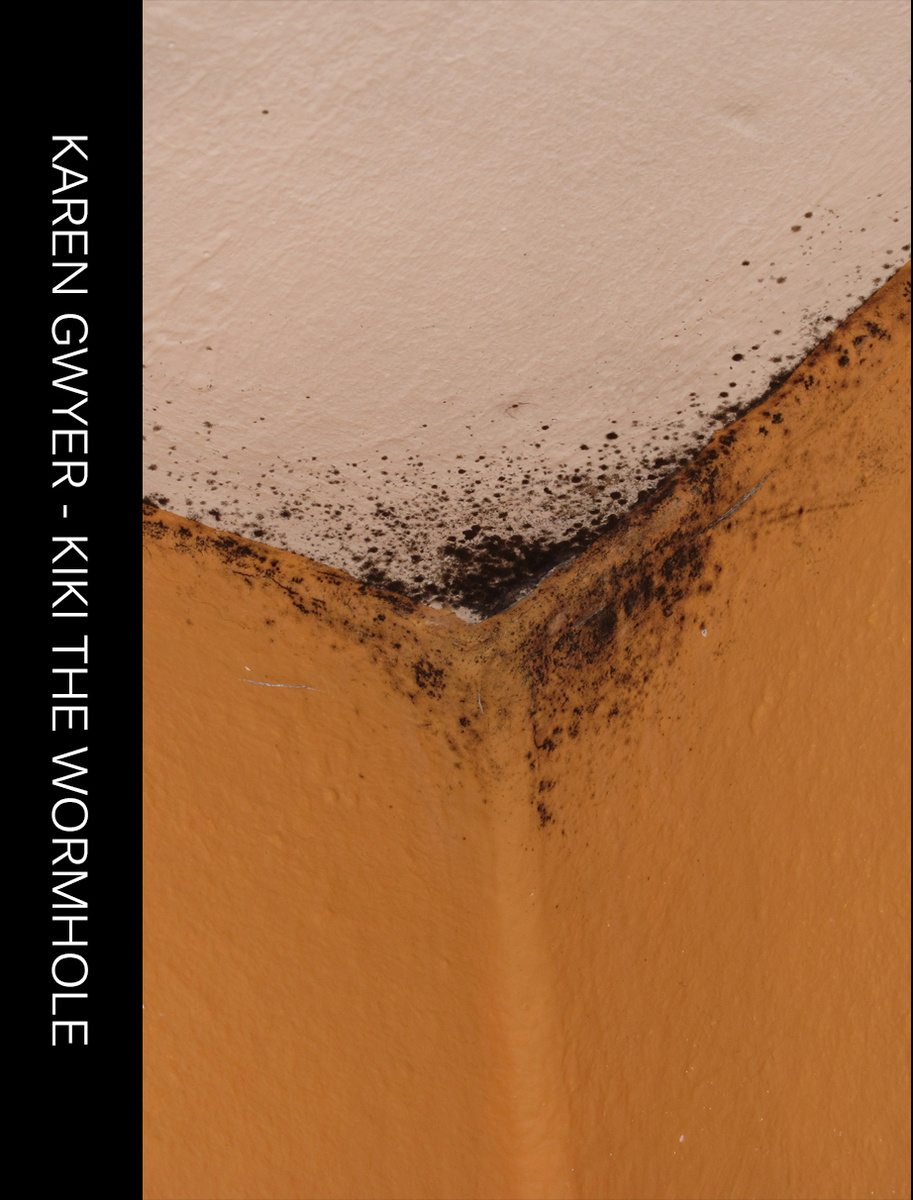
Let us know some biographical details: You were born in Ann Arbor? What instruments did you learn?
I didn’t move to Ann Arbor until I was around 10 years old, but I say I’m from there because I’m less »from« other places, even cities I spent more time in. It’s tough to be required to be from somewhere sometimes, because my own experience will never satisfy the reputation, or lack of it, of the places I’ve lived. I played the cello, violin, then viola, but I wasn’t very serious about music until much later on.
What acts did you listen to from the Midwest Noise scene?
Keep in mind, this was about 20 years ago, and few of the details have stuck in my mind. I do remember names like Scheme and Nautical Almanac, but there were a lot of participants who weren’t defining themselves in that way. It was about kids pushing limits and being free.
You moved to New York when you were 17. What kind of music did you listen to at that time?
I was into a lot of random stuff. Detroit Techno and Chicago House, but also a lot of Industrial-ish stuff like Skinny Puppy, and Goth-ish stuff like Bauhaus and The Birthday Party. The Cramps, Parliament Funkadelic, Vangelis, Sonic Youth, Butthole Surfers as well. And of course a load of absolute crap.
Why and when did you move to London?
I came to London in 2005, for family reasons at the time.
Your EP »Kiki The Wormhole« (Opal Tapes) and the album »Needs Continuum« (No Pain In Pop) captured my attention right away. Your music kind of floats and floats across my universe. Although there’s quite a number of different styles and influences, what interests me is how you work on tracks in general?
It’s a combination of planning ahead, improvisation, and refinement. Sometimes I’ll have an idea and try to execute it, which generally turns into something else completely. Other times, I’ll be in a certain mood, sit down, and play. I often come back to this stuff later on, which I’ve recorded, and work on it. Lately, I’ve been making really long tracks for live performance (and for the fun of it), and that process has resulted in a situation where I produce a parent track that spawns several children. They’re all related, with some overlapping elements, but they’re different takes on a theme, I suppose.
Your music seems to be very open. I like it when the composer leaves some space for miracles to happen. What’s your philosophy of composition?
I couldn’t really say I have a philosophy. I just sit down to work, and what happens, happens. I’m always hoping to be far more experimental than I feel I ever am at the end of it, so perhaps that’s a driving force. And a somewhat positive source of creative frustration.
Does improvisation play a crucial role when you work on your tracks?
Yes, definitely. I still like to play instruments, have fun on the keyboard and twist knobs. It’s all about the hands, and often they do things I’m not consciously thinking about.
Do you see yourself as a composer, a musician or a sound engineer?
I’m not sure. Again, I find it hard to assign labels to any creative process.
Do you already have plans for a new track/EP/album/podcast in 2014?
There will be something out early in the year, and after that, yes, there are a few things to be done. I’ll be collaborating with musicians and dancers in an experiment of sorts to investigate how to bring music and dance creation into a single stream. And there will hopefully be some work that comes out of the Opal Tapes tour that I can formalise into some sort of release.
Will you make it to Vienna this year?
Yes, look out for me on the 16th of May. Further details are forthcoming, but it sounds like a really great event.
How’s your baby now?
He’s very large. And obsessed with stairs.
What instruments/programs do you use when working on your tracks and when playing a show?
These days I use a few synths, including a Vermona Lancet, a Novation Bass Station, a Roland JP-8000, a Siel Cruise. For drums I’ve got a Vermona Drm1, and a little MFB 522. I edit everything in Logic. It’s hard to play live because keeping it compact enough to lug around is a massive challenge.
